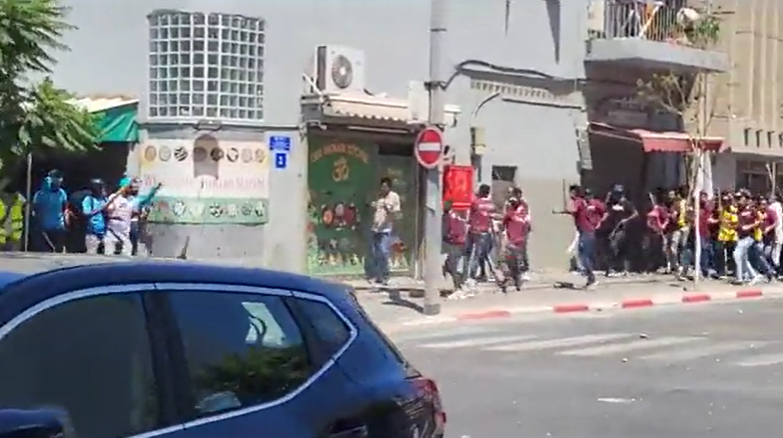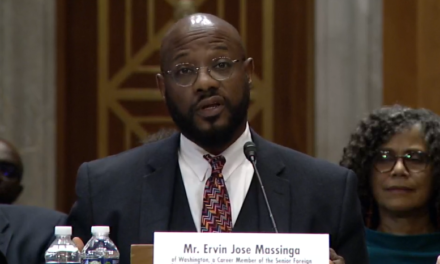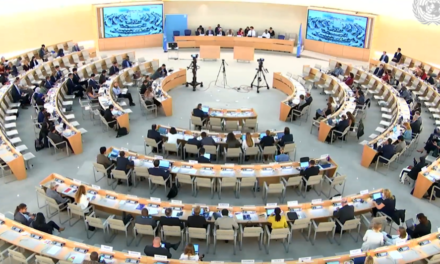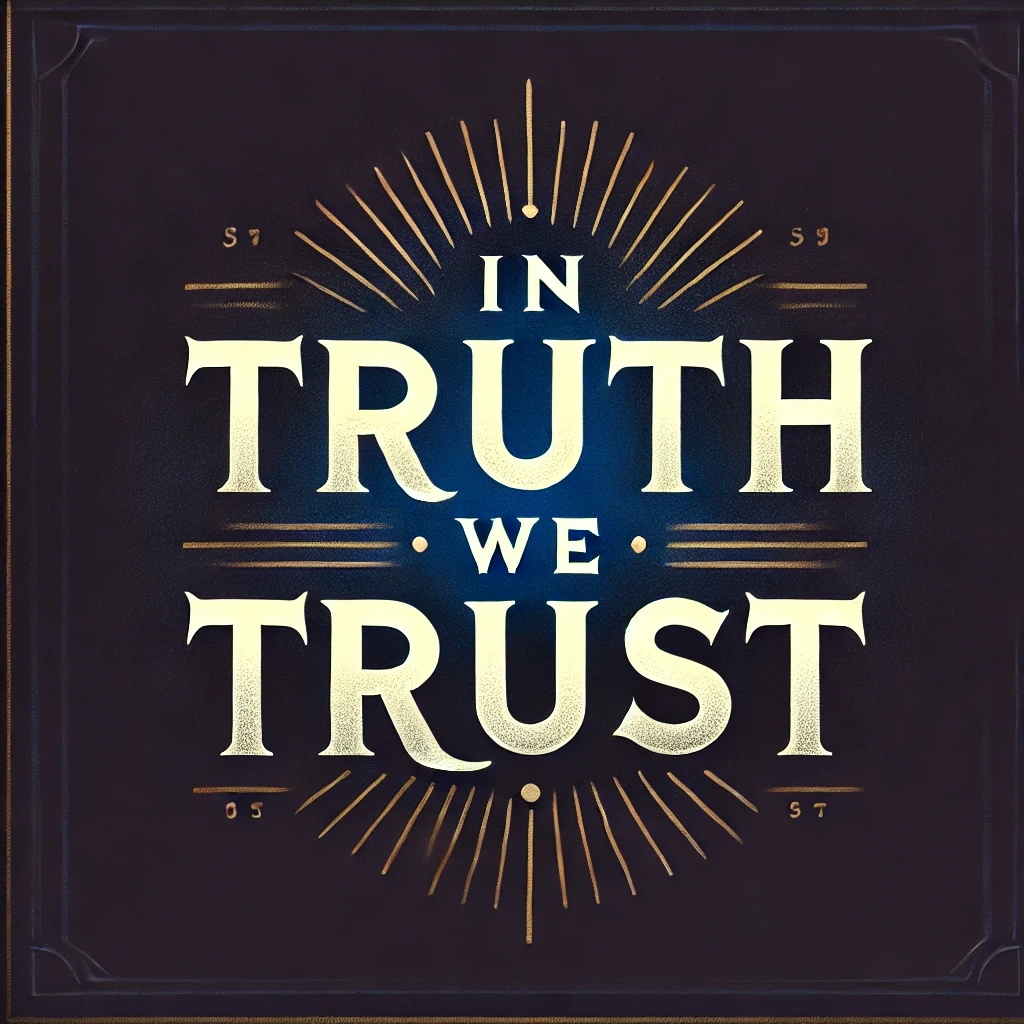EVN (September 3) – Israeli Prime Minister Benjamin Netanyahu has called for the immediate deportation of Eritrean migrants involved in a violent clash in Tel Aviv on Saturday, September 3, and has directed the formulation of a comprehensive plan to address the presence of African migrants throughout the country.
He made these resolute remarks in the aftermath of a turbulent day in south Tel Aviv, where violent confrontations between rival Eritrean groups, comprising both supporters and opponents of the Eritrean government, resulted in numerous injuries. The clashes escalated with the use of construction lumber, pieces of metal, and rocks, leading to the destruction of shop windows and police vehicles. Israeli riot police, equipped with tear gas, stun grenades, and live ammunition, faced significant challenges in restoring order, necessitating the deployment of mounted officers to quell the unrest.
On Saturday in Tel Aviv, numerous individuals sustained injuries, with Israeli authorities reporting that over 114 people received medical treatment, including dozens of police officers. Eight of the injuries were classified as serious, according to the Magen David Adom (MDA) emergency service. Subsequently, Israeli Police revealed that 49 officers had been injured, and 39 individuals were arrested during the confrontations. Police personnel, perceiving threats to their safety, resorted to live ammunition while disengaging from the crowds; however, it remains unclear whether any injuries resulted from police live fire.
This resurgence of violence has thrust the contentious issue of migrants back into the spotlight, a deeply divisive matter within Israel. It coincides with the nation’s ongoing internal debate over Prime Minister Netanyahu’s proposed judicial overhaul plan, with some proponents contending that the migrant issue underscores the necessity of curbing judicial authority.
“We demand stringent measures against the rioters, including the immediate deportation of those who participated,” Netanyahu declared during a special ministerial meeting convened to address the repercussions of the violent clashes. He called upon ministers to present comprehensive plans for “the removal of all other illegal infiltrators,” while acknowledging that certain measures intended to encourage migrants to depart had been invalidated by the Supreme Court.
Under international law, Israel is prohibited from forcibly repatriating migrants to countries where their life or liberty may be endangered. Netanyahu expressed confidence that the deportation of supporters of the Eritrean government would not pose substantial challenges.
Presently, Israel is home to approximately 25,000 African migrants, primarily hailing from Sudan and Eritrea, who claim to have fled conflict or repression. Israel, however, extends recognition as asylum seekers to only a minuscule fraction, overwhelmingly categorizing them as economic migrants and disavowing any legal obligation to provide sanctuary.
In efforts to induce their departure, Israel has employed various tactics, including relocating some to a remote prison, withholding a portion of their wages until they agree to leave the country, and offering financial incentives for resettlement in other African nations. Critics argue that these measures amount to coercion.
Migrant advocates contend that Israel, founded by Jewish refugees in the aftermath of the Holocaust, should extend asylum to those seeking refuge. Conversely, opponents assert that migrants have contributed to a rise in crime within the low-income neighborhoods of southern Tel Aviv where they have settled.
The violent clashes erupted on the same day that supporters of the Eritrean government marked the 30th anniversary of the current ruler’s ascent to power, staging an event near the Eritrean embassy in south Tel Aviv. Eritrea’s human rights record ranks among the world’s worst, leading migrants in Israel and elsewhere to fear potential persecution should they return.
Critics view Netanyahu’s judicial overhaul plan as an endeavor to consolidate power, with the aim of reducing judicial oversight of government decisions and legislation. Supporters argue that the plan seeks to restore authority to elected legislators and curtail what they perceive as an interventionist and liberal-leaning justice system.
Similar violent clashes between rival Eritrean groups have emerged in other countries, including Sweden and Germany.








